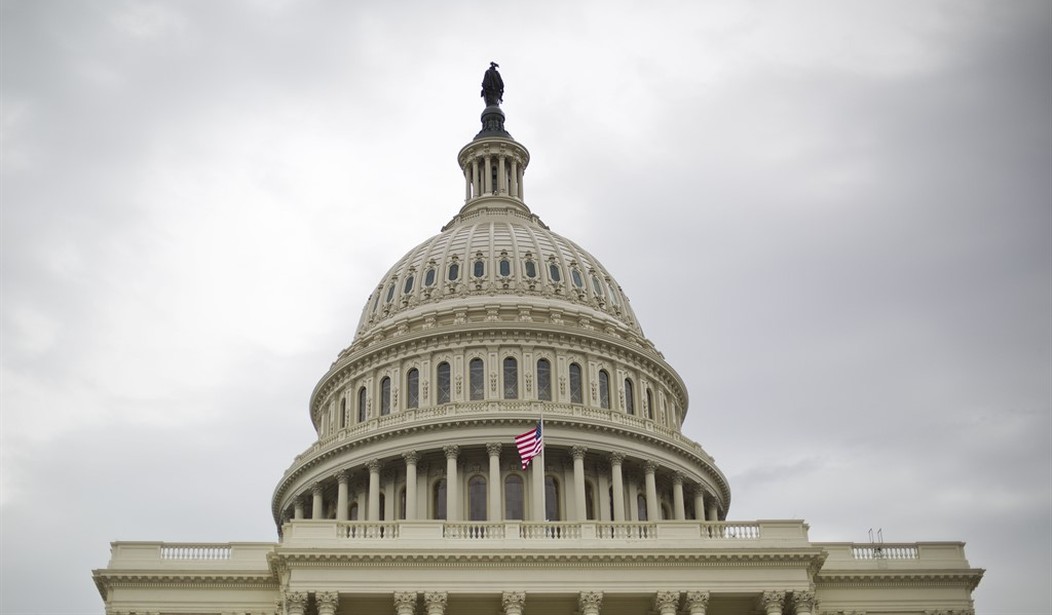Our courts have been making headlines for all the wrong reasons. Those on the Right wonder how an elected judge who donated to President Biden could possibly fairly rule in a trial involving former President and current candidate Trump. Those on the Left worry whether Republican-appointed Supreme Court justices can rule on hot-button topics dispassionately.
Unfortunately, little-discussed legislation is making its way through Congress that could insert elected and appointed judges into more arenas, by forcing more employment-based litigation into the courts, rather than being solved through arbitration. Outlawing arbitration may mean more fireworks and high-profile cases in our already bogged down courts, and sadly, it could also mean less justice for the deserving.
Almost a century ago, the Federal Arbitration Act introduced an alternative dispute resolution system as an option to avoid expensive, slow-moving federal courts. Any claim or remedy that could be pursued in a courtroom can be pursued in arbitration, and arbitration providers are required to meet standards of basic fairness and due process. If arbitration providers do not meet those standards, courts are still there as a backstop to invalidate any agreements that fail to hurdle the bar.
Despite these guarantees, once again, arbitration has come under fire from some members in Congress who are attempting to limit it as an alternative to litigation in employment disputes, consumer contracts, and other circumstances. This includes seeking to restrict arbitration through the misleadingly-named Protecting Older Americans Act of 2023, which proponents claim would assist victims of age discrimination by forcing their claims into the court system, but basically is another attempt to enrich trial attorneys.
Recommended
Often, the Left makes misleading arguments about the practice, insinuating that arbitration is a shady end-run around the courts or a way to deny plaintiffs their rights. In reality, the available evidence shows that arbitration provides fair outcomes to litigants while reducing the costs of hashing a matter out in court for both sides.
Employees actually collect in arbitration more consistently than they do in court. In one analysis of more than 300,000 employment disputes, 38% of employees who stuck it out to the end of the arbitration process won, compared to 11% who saw the court process through. Arbitration also resulted in higher award amounts and took less time for both consumers and employees, compared to those who went through the courts. If potential plaintiffs are winning more often and collecting higher sums in arbitration, you might ask who, then, feels shortchanged by a process that is both more efficient and has better outcomes? The answer is, of course, their lawyers.
Arbitration lessens the windfall for trial lawyers, who rely on both the legally costly, lengthy court process and on the occasional outlier huge jury award to bolster their fees. And we’re all familiar with the phenomenon of large class-action lawsuits resulting in a gift card of $15 dollars for each “victim” and $150 million for the attorney bringing the case.
Why are leading Democrats backing trial attorneys over the people who are actually fighting for their rights? That’s an easy one. The top 8 trial firms donated 99% to Democrats from 2017-2020.
Congress knows that arbitration does not “silence” employees or consumers with legal grievances; it merely provides a cheaper and more efficient venue in which both sides can present their case. So legislation like the Protecting Older Americans Act of 2023 is bad for everyone, except Saul Goodman and Associates. Removing arbitration for dispute resolution could be incredibly costly, and create chaos for millions of contracts currently written with arbitration provisions. Limiting arbitration isn’t a way of standing up for the little guy who takes on a large company. Instead, it will make millions of disputes more costly, drag on for longer, and clog up the federal courts. That might be good news for trial lawyers, but it’s bad news for the rest of the country.
May Mailman is the director of Independent Women’s Law Center (iwlc.org).

























Join the conversation as a VIP Member